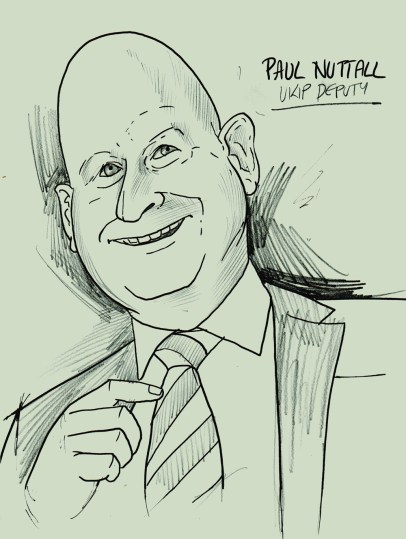Sometimes we forget that we are no longer an island. John Donne might be pleased by that. I am not.

When we check the foreign press, we find stories emerging there that should make us very anxious indeed about what is going on here, because what we are told here is not, it seems, what is actually happening. We need to worry too, and perhaps more importantly about the way these mis-truths are affecting our international reputation.
We are getting into trouble. The bullying and lying that has crept into our bureaucracy in Britain does not work in an international crisis and is going to leave us with egg on our faces.
Already, it is evident that what the Government proposes is rarely implemented in full by our bureaucrats- banks are unable to process loans, insurance companies are refusing to pay up and so on. This is going on while, at the same time, a wave of goodwill is sweeping the country. Odd how one particular group is unable to change.
This morning, evidence is appearing in Turkey that what is being peddled by the government is not quite correct. It is true we dispatched a military plane to collect goods from Turkey and it is true that the said A400M in now on the tarmac in Istanbul and has been there since monday afternoon. It is also true that there is an export ban on PPE goods leaving Turkey. Robert Jenrick (the Housing minister) said a shipment of PPE was due on Sunday. Gavin Williamson (the education minister) said that the shipment from Turkey would come, he hoped, on Monday. What was not said, however, was that the shipment was not formally ordered and paperwork submitted until Sunday. This is madness.
The RAF transport planes have been on standby at Brize Norton for days waiting for the go-ahead to pick up 84 tonnes of urgently needed medical clothing and equipment, including the 400,000 gowns made by Turkish suppliers.
With a series of deadlines set by UK ministers missed, the British government has blamed its Turkish counterpart for causing the delays.
But after one cabinet minister said the government had hoped the three planes would be able to take off on Monday afternoon, British sources admitted that the Turkish authorities had not confirmed the supplies were ready to be picked up.
It would be just about acceptable if that was as far as it went. But the potential for international offence goes further – It is shameless that we accepted a free gift of PPE from Turkey only a week ago on 12th April (with next to no news coverage of the shipment in the British media) and that now we are pouring blame on Turkey for what are, in fact, our own failings. The news yesterday was dominated by stories that suggested there was a fault “on the Turkish side”. Quite true, but it was of our own making. Indeed, the Guardian ran a story saying quite clearly that the RAF plane that is now on the tarmac in Istanbul was sent to put “pressure on Ankara”.
This is how the Guardian reported what another minister said:
The culture secretary, Oliver Dowden, told the BBC on Monday morning that the delays were down to “challenges at the Turkish end” but appeared to suggest the issue was about to be resolved. He said: “I don’t want to start making more and more promises, but I understand that flight will take off this afternoon and those [gowns] will be delivered.”
We have got into a habit of using tenses in a woolly way. “I have done something” often means “I will do it (eventually or maybe)”. This has become the standard of bureaucratic action. It has worked well enough for mobile phones and for banking. Indeed, when the customer complains, the whole thing can be turned round and the customer can be made to feel that it was their failing. This is, of course, what we have tried to do here. It is shameful.
It can only cause more delay and international resentment.
We have got into the habit of apportioning blame rather than taking action. Look, for instance at this paragraph from the Guardian:
Unite’s assistant general secretary, Gail Cartmail… said the health secretary, Matt Hancock, may have to consider his position if he was not able to secure the necessary PPE. She said the situation could not continue, and that health professionals would be quite right to decline to put themselves in danger.
It seems to be in response to pressure on the Health secretary that the government announced the shipment from Turkey. Unite is right to be concerned about risk to its workers and right to raise the issue with the Heath secretary. But the answer is not to spin the story. The answer is to sort it out. We are locked into a spin cycle and we seem unable to get out of this.
We need to re-programme the way our country works.
And as for this PPE issue: we cannot pass the buck here- Our fault. Our failing and our bureaucrats.





































